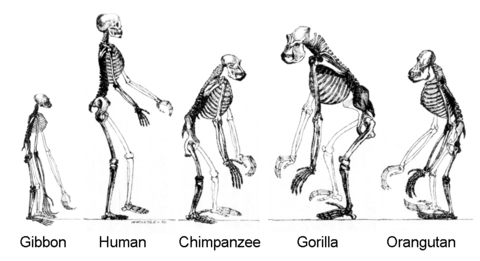In HealthcareDIVE, Farzad Mostashari, M.D., and Travis Broome write about the continuing evolution of the Medicare Shared Savings Program. Dr. Mostashari is founder and CEO of Aledade Inc., where Mr. Broome is the lead policy person. Dr. Mostashari is the former national coordinator for health information technology at the U.S. Department of Health and Human Services.
”{M}ore investment and more fine-tuning will be required if we are to strengthen the MSSP and use it to help power the transformation of Medicare to a value-based system.
”First, CMS needs to tailor the risk for MSSP ACOs so that it is enough to motivate, but not sink a small practice. It’s critical that the risk small practices take on bears some relationship to the financial resources of the ACO and its members. If it’s too much so that a bad year that happens because of an external event – such as an epidemic or disaster – can sink even the most well-intentioned practice, then no one will enter into an ACO arrangement.”
“”Second, we need an accurate way to measure whether or not an MSSP ACO creates value. The best way to do that is through a difference-in-difference approach. In this, the key question asked is: Did a Medicare beneficiary get better care at lower cost in the ACO than if that same Medicare beneficiary had not been in the ACO? To get closer to this difference-in-difference approach, CMS needs to move away from national inflation updates and artificial risk-scoring methodologies to regional inflation updates and direct risk scoring.”
”Third, CMS should continue to seek to simplify the program. For example, while we appreciate the work that was done in Track 1+, it is quite possible all of the same benefits could have been accomplished by adding just a few lines of changes to Track 2 without the need to create a whole new track. This would have been both simpler and created a better business case for physicians to move towards risk.”
To read more, please hit this link.




